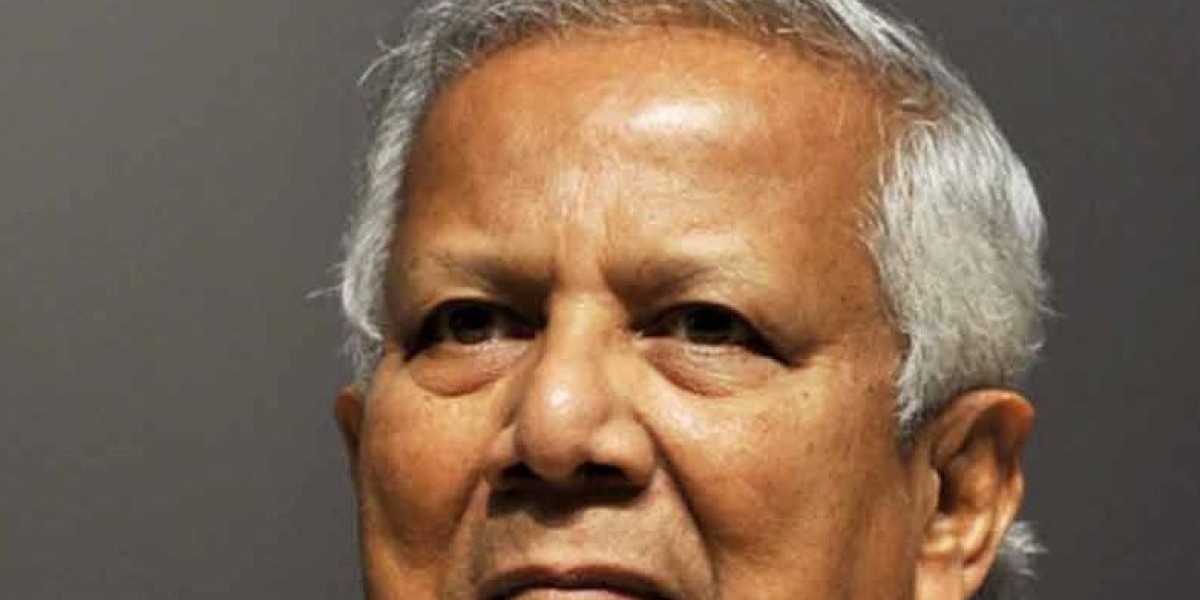Science and technology have played a central role in shaping human history. From the earliest days of fire-making and wheel invention to today’s space exploration and artificial intelligence, our progress as a civilization has been deeply connected to scientific discoveries and technological innovations.
Science is the foundation of our understanding of the natural world. It allows us to explore the universe, examine life processes, and understand the physical forces that govern our planet. Breakthroughs in science—such as Newton’s laws, Darwin’s theory of evolution, or Einstein’s theory of relativity—have changed how we see ourselves and our place in the universe.
Technology, built on scientific knowledge, gives us practical tools that improve our lives. Whether it’s building bridges, developing smartphones, or creating advanced surgical instruments, technology translates theory into reality. Every modern convenience we enjoy today—electricity, internet, transportation, medicine—is a product of this vital connection between science and technology.
In recent decades, their impact has been especially rapid. Computers and the internet have revolutionized how we work, learn, and communicate. A student in a remote village can now attend online classes. A doctor can diagnose a patient using advanced imaging tools. A scientist can simulate climate patterns on a supercomputer. All these possibilities come from the synergy of science and technology.
Moreover, they are helping us solve global challenges. Climate change, food security, clean water, renewable energy, and public health crises require smart solutions. Innovations such as solar power, electric vehicles, water purification systems, and mRNA vaccines are proof that science and technology can be tools for global good.
However, challenges exist. We must ensure that technology is not misused or allowed to widen the gap between rich and poor. Ethical concerns around artificial intelligence, surveillance, and genetic modification must be carefully considered. Science must remain open, inclusive, and guided by human values.
In conclusion, science and technology are not just tools—they are powerful forces shaping our future. If we continue to invest in research, encourage innovation, and use our knowledge responsibly, we can build a better, fairer, and more sustainable world for all.



















































